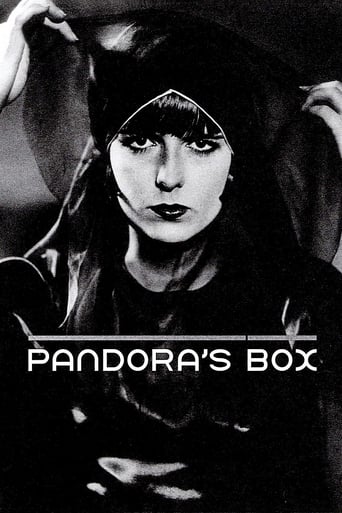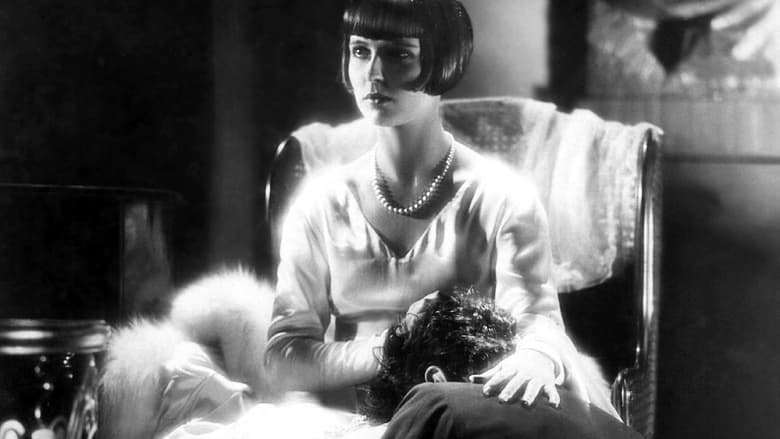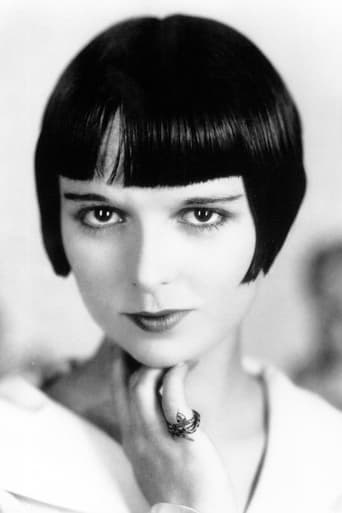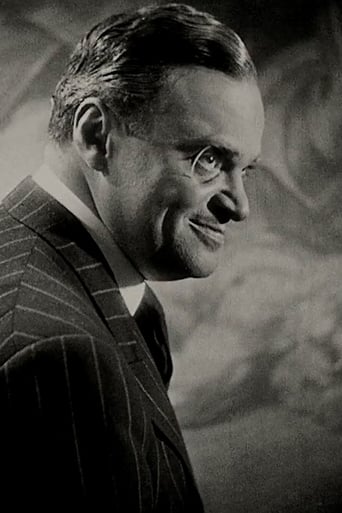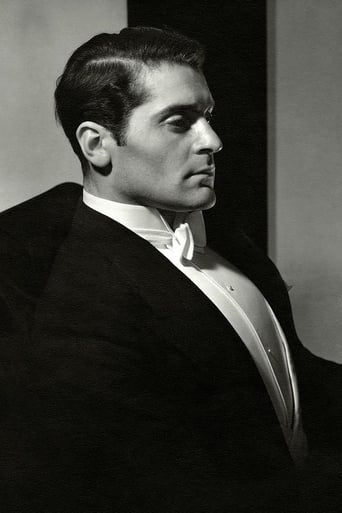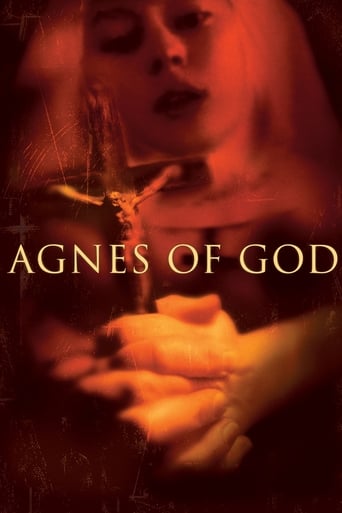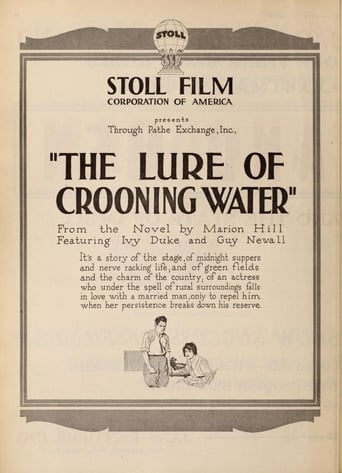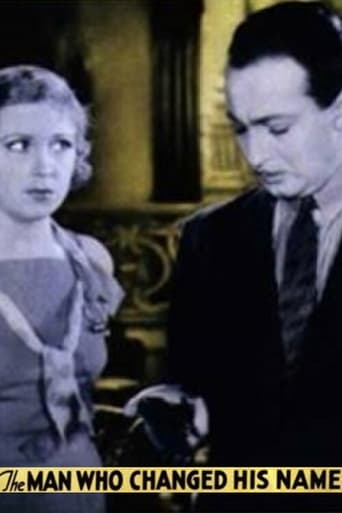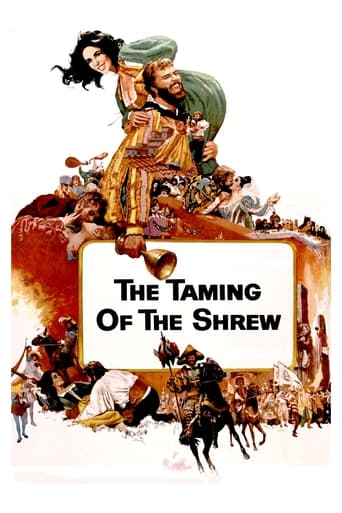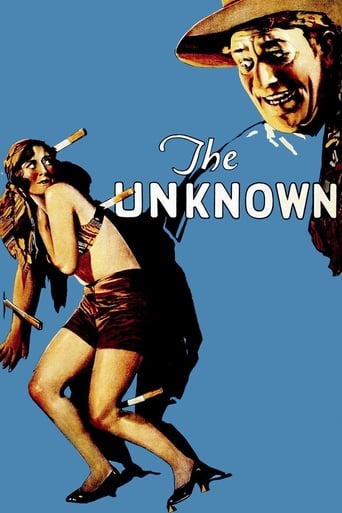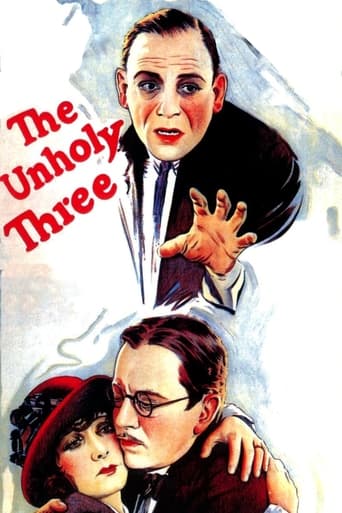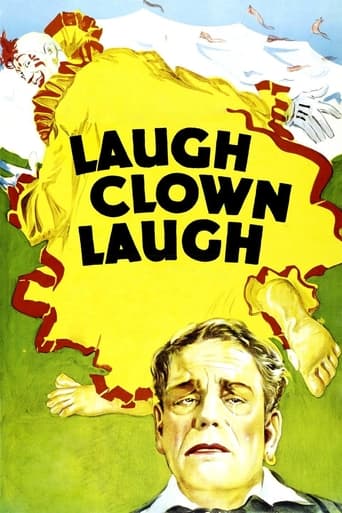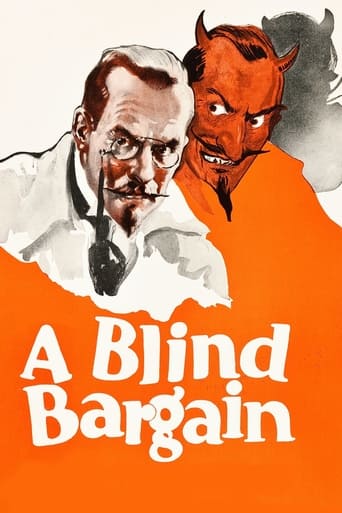Pandora's Box (1929)
Lulu is a young woman so beautiful and alluring that few can resist her siren charms. The men drawn into her web include respectable newspaper publisher Dr. Ludwig Schön, his musical producer son Alwa, circus performer Rodrigo Quast, and seedy old Schigolch. When Lulu's charms inevitably lead to tragedy, the downward spiral encompasses them all.
Watch Trailer
Free Trial Channels
Cast


Similar titles

Reviews
Brilliant and touching
if their story seems completely bonkers, almost like a feverish work of fiction, you ain't heard nothing yet.
Exactly the movie you think it is, but not the movie you want it to be.
There is, somehow, an interesting story here, as well as some good acting. There are also some good scenes
One of the last great silent films this is a German movie that is surprisingly short on cinematic expressionism and long on the glamorous, sultry, hypnotic beauty of Louise Brooks. It is her dynamic performance and fallen Goddess looks that makes her, and by attachment Pandora's Box, a wonder to behold.The thematic sexual content is handled with reverence rather than raunchiness and it is her glorious, giddy, and sincere playful naive nature that is compelling. She not only, just by proximity, seduces any man in close contact, as well as the audience with a childish charm of calming cuteness but unleashes primal desire as well as a protective desire manifested by her magnetism.The film is long and deeply depressing but it carries us through to her inevitable descent and destruction with so much pathos that it is hard to detach oneself from her destiny and want this obviously playful, not prey-full, soul to live happily ever after. But this is not a fairy-tale and she is not Snow White. This is Greek tragedy.
Even in Louise Brooks own autobiography it is hard to tell where the character of Lulu ends and Miss Brooks begins. The picture of modern femininity in the late 1920s with her "flapper" pageboy haircut and sexuality. She stood against convention and paid the price for her modernity within the Hollywood structure. So, too, Lulu who makes her way through Pandora's Box as a modern woman who uses her sexuality to make a place for herself while ignoring the possible consequences of her actions. Does she care about these consequences--no--Lulu lives for the moment and even when it is time to pay the ripper at the end, she is unaware of the price she must pay. Certainly, as a film, it is the zenith of Pabst's work. Filmed during the end of the German Weimar era it begins to show the fraying of the moral liberality that would lead so many Germans to the acceptance of a Hitler Germany. Nevertheless, it a beautiful film where the image is the storyteller. The soft lighting on Lulu's face so captures the uniqueness of Louise Brooks beauty which is so unmarked by lines that it appears as a caricature rather that a living, breathing person. That is what Lulu is and that is perhaps why Miss Brooks was the perfect casting for this project and why she is so imagined as the character herself. For me, the final scene, as the Salvation Army marches off under the archway is the most spectacular. The lighting detail with rays of light extending from a window contrasted by the perfect amount of fog gives me goose flesh.
Pandora's Box has become something of a legendary film amongst connoisseurs and its reputation stems largely from Louise Brooks' performance as the ubiquitous Lulu. It is for this reason that the film's mythological status is justified: Brooks gives the first modern performance on celluloid, moving from the melodramatic acting style of her silent film predecessors towards something much more naturalistic.As others have noted, the film itself is a simple melodrama, based on Frank Wedekind's Lulu plays. Although he wrote these during the Fin de Siecle period, it is tempting to read Pandora's Box as reflective of the increasing moral decay of the Weimar Republic. The film starts with a light tone and grows increasingly dark as Lulu's predicament worsens. (For many audience members, who would have lost vast sums in the stock market crash and subsequent Depression, Lulu's descent into poverty must have been harrowing viewing as well.) The cinematography is beautiful and, as other reviewers have noted, the final scenes are lit in a proto-noir style.The film's pacing is good, apart from the tedious seventh act, when a lot of momentum is lost. Fortunately, the pace picks up again in the gripping final act.Lulu's destructive effect on the men around her could be read as reflective of the new role of women in Weimar society. With the loss of so many males in the war, females suddenly had unprecedented power in the social and political spheres, far removed from the "Mothers of the Nation" role they had held in traditional German society. How much of this anxiety about the roles of women existed prior to the war, when the Lulu plays were first written remains a question of interest.The ending, in which the destroyer of men is herself annihilated by that ultimate destroyer of women, Jack the Ripper, is suitably ironic and dark. Again, it is tempting to read it as prescient, given the imminent destruction of the corrupt and decadent Weimar culture at the hands of the even more morally-repugnant Nazis but perhaps it is better left as a general feeling of unease that the fledgling German nation-state (which had been established less than sixty years previously) may be in worse health than the previous independent Germanic kingdoms.Ultimately, this melodrama is worth watching for a variety of reasons, chiefly Brooks' performance and the cinematography. It does depict the increasingly dark and sordid themes that preoccupied the final years of Weimar Cinema and society but, without having seen the original plays, one wonders how much this is Pabst's input and how much was a carryover from the original pre-War texts.
The Germans had a thing for men degrading and debasing themselves without limits for women. For Louise Brooks, maybe it was worth it. This is a silent film worth seeing.The myth of Pandora* is heartbreaking, and this movie actually follows it rather closely. Louise Brooks plays Lulu, a rather naive prostitute beloved of Professor Schon. Dr. Schon is engaged to a proper lady, but he cannot escape the lure of Lulu. He marries Lulu, but he cannot control her, and she continues her erotic behavior with others. In a rage he attacks her, she struggles, she kills him. She is convicted for the crime, but escapes before she goes to prison. She has seduced Dr. Schon's son Alwa, who takes her away.For her escape, they go to other countries, and Alwa's money is soon exhausted. Thus begins the spiral into sordid tragedy. Lulu supports Alwa and her pimp by prostituting herself again. Eventually, Alwa sinks so low he comes to himself and leaves her as she takes a john to their room. (At least Alwa ends up better off than Professor Rath in "The Blue Angel.") Ironically, the lover is Jack the Ripper,** who murders Lulu - a circumstance of which Alwa remains oblivious as he walks away down the street. He has given up everything he had for the love of her. She has lost her life, another prostitute victim of a serial killer. Perhaps there is hope for Alwa. Or maybe not. Who knows what's left in Pandora's Box as the curtain is drawn on Alwa's wretched life?The direction is fabulous. G.W. Pabst was at the height of his talent in 1930, and this movie shows it. All the actors were topnotch: Fritz Kortner as Professor Schon, Francis Lederer as Alwa, and Carl Goetz as the scummy Schigolch (the pimp who pretends to be her father). Louise Brooks is one of the most beautiful women of the 20th Century, and her acting here is flawless, natural. Her power over Schon and his son flows from her face and her body. This film may be the first to show a lesbian relationship between two women (Lulu and Countess Anna), and the version I saw was missing the scenes that show the end of their relationship, leaving a puzzling gap in the story line.It's interesting to contrast this movie with "The Blue Angel," with Marlena Dietrich as Lola. Dietrich steals the show, of course, with her iconic characterization of the woman of easy virtue, but Lola is never a person we sympathize with. Lulu, on the other hand, has our feelings from the beginning. Lulu is much more complex than Lola, and Brooks inhabits the role completely. (Dietrich inhabits Lola, too, of course -- but Lola has no heart.)*Prometheus brought mortal men fire, making them more nearly like gods. To punish Prometheus, the gods created Pandora, the first woman. Each god gave her a virtue which she was made to carry to Prometheus in a box. (I understand that Pandora means "all gifts.") Prometheus (which means foresight), wary of women bearing gifts from the gods, sent her away, and he changed all those virtues into evils. Prometheus's brother Epimetheus (hindsight) fell in love with her; Prometheus forbade Pandora and him ever to open the box, but curiosity overcame her. And when she opened the box, all evils were loosed upon the world, leaving her (and mankind) with only hope in the box. (There are other similar stories about a woman loosing evil upon the world because she failed to follow her instructions.)**Interestingly, the costumes are current for 1929, the year of the movie, and not the times of Jack the Ripper. In this regard, it is similar to "Mating Call," a Twenties film set before the time of its making but showing flappers in all their glory.

